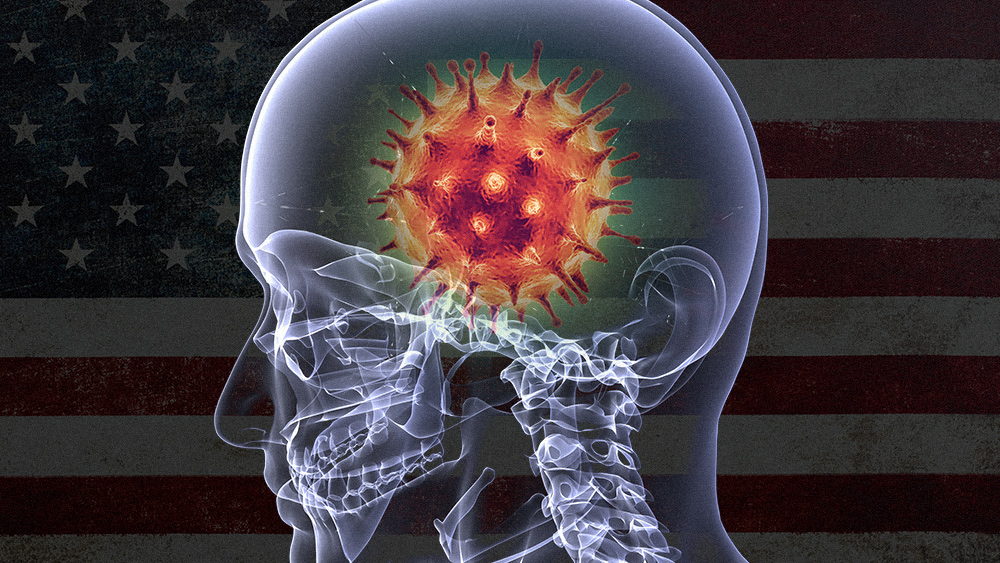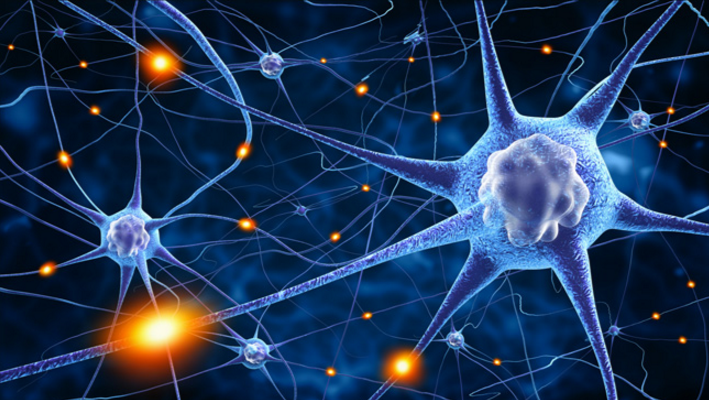Unique pattern in the blood may serve as an early warning sign for seizures
06/19/2020 / By Divina Ramirez

Researchers have discovered a group of molecules in the blood that can help predict an epileptic seizure.
Their findings, published in The Journal of Clinical Investigation, revealed that fragment levels of three transfer ribonucleic acid (tRNA) are higher in pre-seizure blood samples from epileptics than post-seizure blood samples, and even samples from healthy controls.
The researchers hope that their findings can be used to develop a simple and affordable blood testing kit that can help predict when a seizure might occur.
Understanding epileptic seizures
An epileptic seizure is unpredictable, episodic and brief. It is often caused by abnormal and excessive electrical activities in the brain that disrupt neural communication. This results in a brief period of abnormal behavior, impaired sensations and loss of awareness.
Unlike seizures caused by head injuries or severe mental stress, epileptic seizures are difficult to anticipate. These seizures tend to occur in spontaneous bursts after normal periods.
In most cases, epileptic seizures are not fatal. But a seizure may require immediate medical attention if it lasts for more than five minutes. An epileptic seizure can also be dangerous if it occurs while an individual is driving, swimming or doing similar activities.
For these reasons, knowing when a seizure is about to happen can help people with epilepsy feel more in control. It can also help them take extra precautions and thoroughly prepare for a seizure so they can ensure their safety .
Some of the current methods used to predict epileptic seizures include the use of electroencephalogram (EEG) recordings and magnetic resonance imaging (MRI) scans. But both of these methods are neither affordable nor practical for patients in the long run.
Fragments of tRNA can help predict a seizure
A team of researchers from Ireland and Germany found that elevated levels of the fragments of three tRNAs appear in the blood of epileptic patients prior to a seizure.
RNA is an important biological macromolecule present in all cells. Some of its major functions include coding for proteins and passing on instructions from deoxyribonucleic acid (DNA), which carries genetic information required for growth, development and reproduction. A tRNA is a type of RNA that delivers amino acids to the ribosome, the cell structure where proteins are made.
After analyzing pre- and post-seizure blood samples of 16 epileptic patients and 16 healthy adults at the Beaumont Hospital in Dublin and the Philipps University of Marlburg in Germany, the researchers found higher concentrations of tRNA fragments in pre-seizure blood samples than in either post-seizure or healthy blood samples.
The researchers explained that when brain cells are stressed, they tend to cut tRNAs into fragments. Therefore, in the run-up to a seizure, high levels of tRNA fragments in the blood are an indication that brain cells are under a great deal of stress due to abnormal electrical activities. (Related: New research finds a link between stress hormones and epilepsy.)
On the other hand, the researchers noted that elevated levels of tRNA fragments were not detected in blood samples taken from people with psychogenic non-epileptic seizures.
Based on these findings, the researchers concluded that blood fragment levels of certain tRNAs can be used to predict the risk of seizure of epileptic patients.
Read the latest research about epilepsy and seizures at Brain.news.
Sources include:
Tagged Under: blood testing, brain disorder, brain function, brain health, breakthrough, cellular stress, discoveries, Epilepsy, health science, research, seizures, tRNA fragments, tRNAs
RECENT NEWS & ARTICLES
COPYRIGHT © 2017 BRAIN NEWS



















